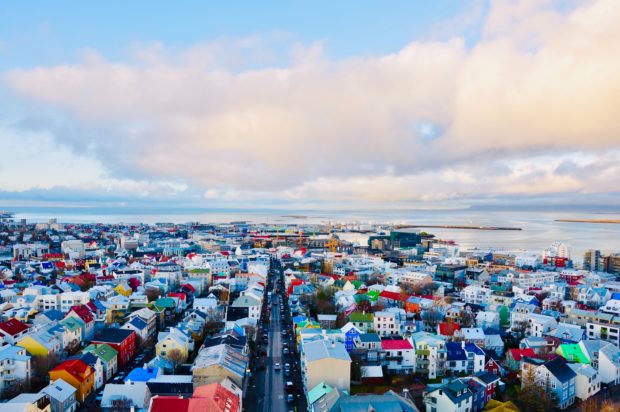
City break (noun): a short holiday spent in a city, such as when on business travel.
Before there was bleisure travel, there was the city break—the short space of leisure time that grants you access to the cultural and culinary amenities that big cities offer. In this series from TripIt, we explore some of the world’s best cities for planning a quick getaway or extending a work trip.
Here are our tips for making the most of your city break in Reykjavík.
Where to fly in
Reykjavík is served by Keflavik International Airport (KEF), the main international airport for all of Iceland. It’s located 30 miles from Reykjavík.
Once on the ground, travelers have a few ground transportation options to get to their final destination. If you prefer to travel by bus, book a ride with Airport Direct or Flybus. The former runs on a fixed schedule, whereas the latter has no fixed schedule, and will wait for you if your flight is delayed. Both journeys take about 45 minutes to get to the city center.
There is also a public bus service, called Strætó, that runs regular routes to and from the airport. Taxis are also available from KEF. However, rideshares, such as Uber and Lyft, are not available in Iceland.
Prefer to get around on your own accord? Your best bet is to rent a car. Service desks are located inside the arrivals hall.
Where to stay during your city break
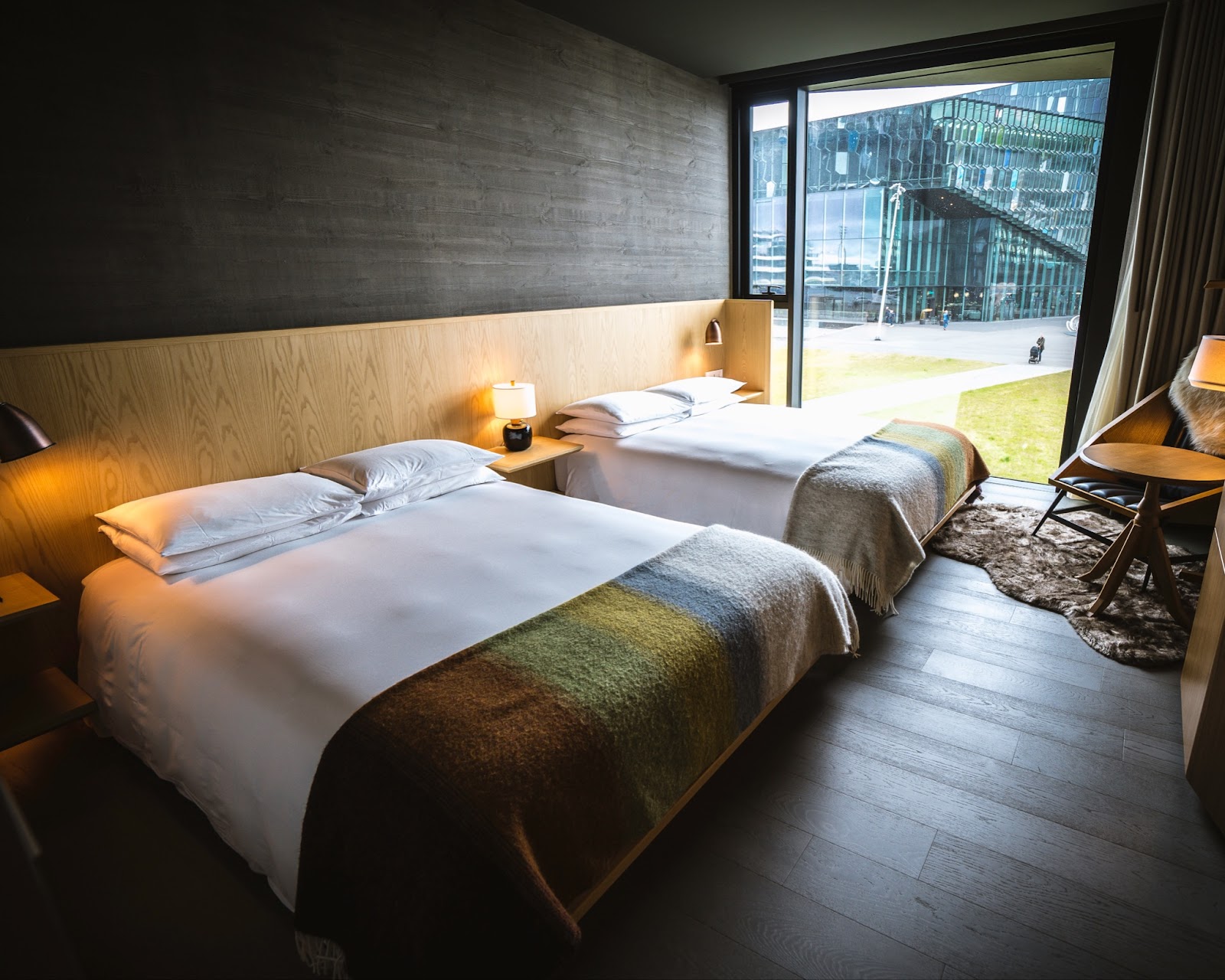
If you prefer centrally located accommodations with a touch of luxury, look no further than The Reykjavík EDITION (pictured above), which boasts views of the harbor nearby, as well as Mount Esja and Snæfellsjökull glacier in the distance. The hotel is also home to myriad dining and entertainment venues, including Tides—a seafood-focused restaurant from Michelin-star chef Gunnar Karl Gíslason.
Looking for more budget-friendly digs? KEX Hostel, also located just minutes from the harbor, is a happening place. Besides offering a place to lay your head, KEX has cultivated something unique: an effortless vibe that draws locals and travelers alike. Even if you’re not planning to book a room, you’ll want to spend some time there. Grab a bite at Flatus, order a beer or cocktail at DRINX, or peruse the spines of TEXT. No overnight stay needed.
Want to stay somewhere that falls between five stars and shared spaces with strangers? I get that! Here are a few to consider:
- The three-star City Center Hotel is true to its name, located right in downtown Reykjavík and just a few minutes walk to major attractions, restaurants, and nightlife.
- Storm Hotel, also a three-star hotel, is indeed a welcome shelter from the notorious Icelandic weather. Thoughtful design and comfortable accommodations make this a smart choice for your city break; it’s also centrally located and walking distance to most city sights.
- Four-star Fosshotel Reykjavík is Iceland’s largest hotel, featuring 16 floors and 320 rooms—many with spectacular views of the city, harbor, and beyond. If you’re in Reykjavík on business, this is also a great place to host a conference or meetings; the latter can be held on the top floor of the hotel.
Vacation rentals, like those booked through Airbnb, are also available in Reykjavík.
How to get around
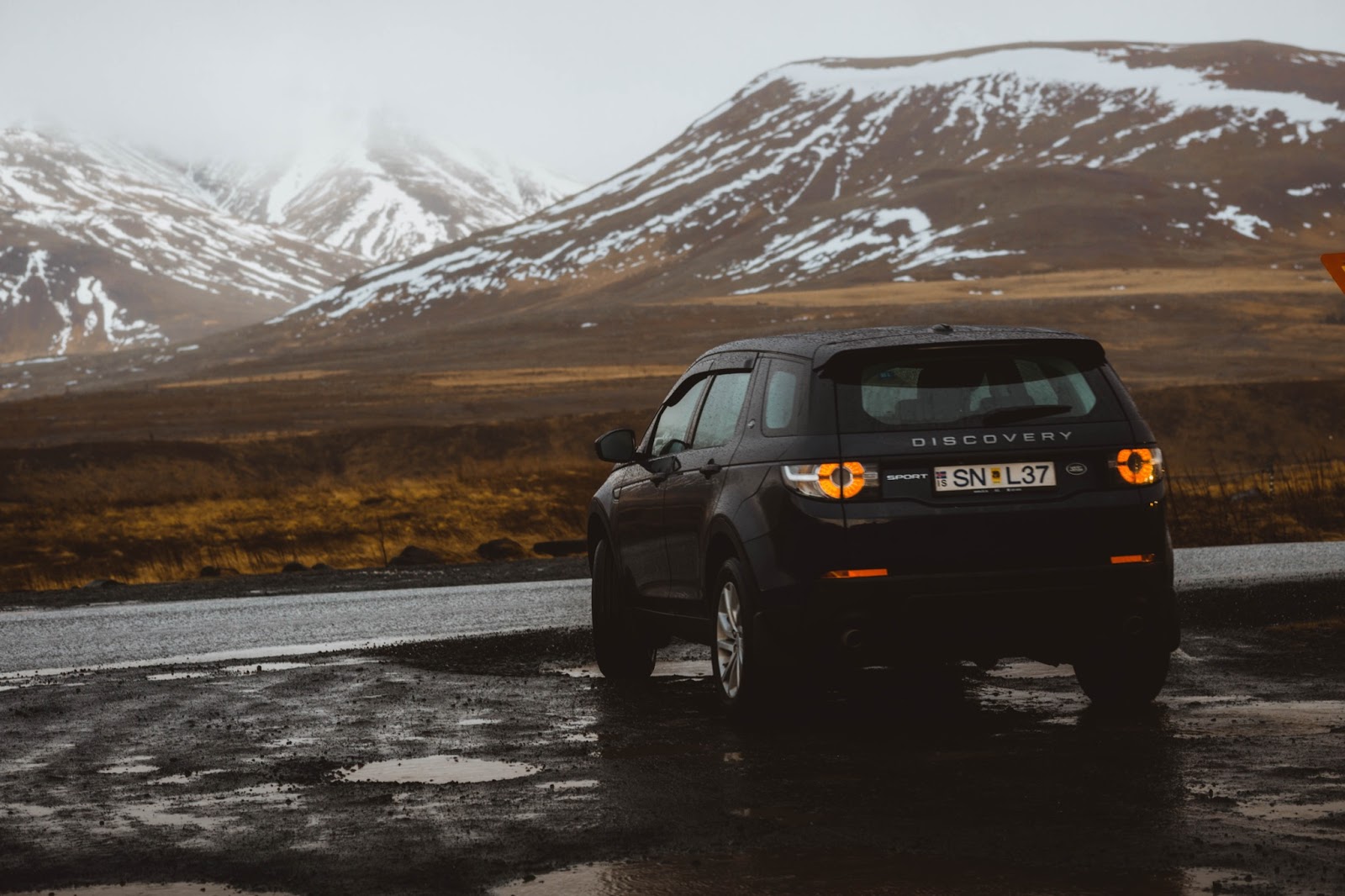
Part of Reykjavík’s charm is its easy walkability—yes, even in inclement weather. The city has invested in an underground geothermal heating system for its sidewalks and streets, saving the roads from destructive snow plowing, while also saving pedestrians from falling on slippery surfaces.
If walking isn’t feasible or desirable, Reykjavík’s city buses will take you to and from many of the city’s sights and attractions. Pay for bus fare, plan your route, and see where buses are in real time with the Klappid app. Bus fare can also be paid for via Klapp card or Klapp ten (a 10-pack of tickets). If you want to purchase a card, you can do so at these stores in Reykjavík.
As for your micromobility options, you can rent electric scooters through Hopp. Download the app to get started. At the time of publication, it costs just 100 Icelandic króna (ISK) to unlock an e-scooter, and then it’s 33 ISK per minute to ride.
Taxis are also available for trips in Reykjavík.
While renting a car isn’t really necessary if you’re planning to stay within the city limits, you will want one if you plan to explore more of Iceland during your trip. (And you definitely should, if you have the time!)
Pro tip: Use TripIt’s Navigator feature to search transportation options available to you. It will show you the estimated costs and travel times for each option, so you can decide which works best. For example, if you add a restaurant reservation to your itinerary (more on where to eat, below), Navigator also helps you find the best transportation options for getting to your table. You can find Navigator within your plan details screens.
Where to eat
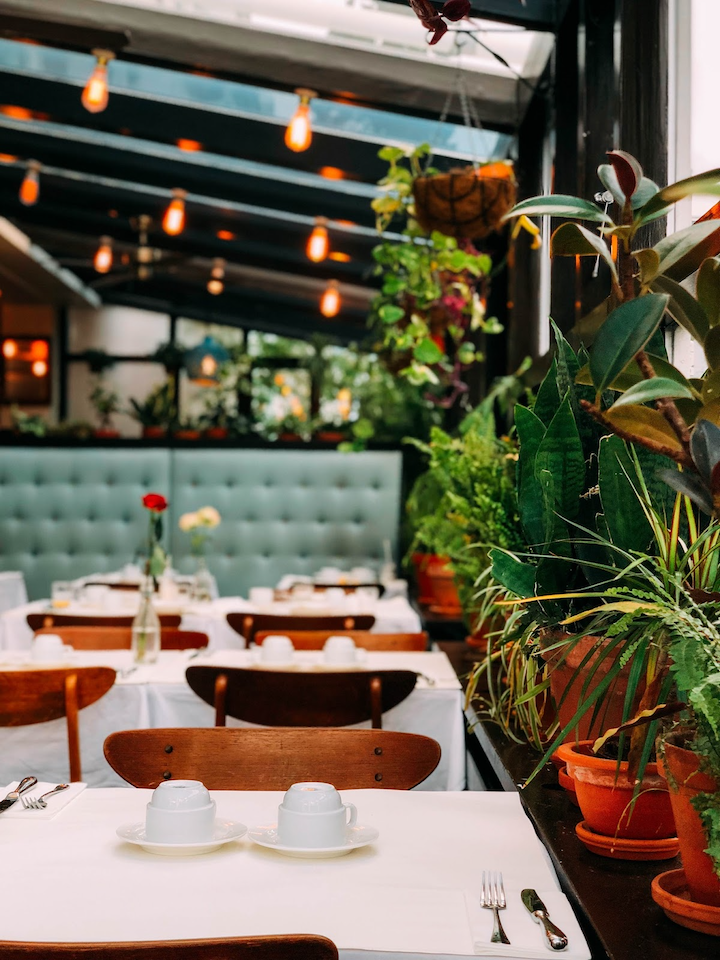
If you only have time for one meal in Reykjavík, dine at Snaps Bistro (pictured above). The dishes are delectable, the wine list is impressive, and for a city that’s often short on daylight, you’ll appreciate the dining-in-a-greenhouse vibes. You’ll need a reservation, so book one as early as you can.
Spending a few meals in the capital city? Love seafood? Put Tides (mentioned above) and Fish Market on your dining itinerary. Likewise, you’ll need a reservation for both.
Prefer more casual dining options? KEX Hostel’s restaurant Flatus (also mentioned above) is a great spot for pizzas and other casual fare. Icelandic Street Food is another great spot for casual eats. Just want something you can grab and go (especially after the pub)? Try “the best hotdog in Europe” at Bæjarins Beztu Pylsur—open late (late!) night, and notably, since 1937.
Speaking of pub culture, in Iceland, Prohibition on beer (but not wine or spirits) was in effect until 1989—and microbreweries have been making up for lost time ever since. You can try local craft beers at many of the city’s bars and pubs, including Microbar, Reykjavík’s first craft beer bar; Kaldi Bar; and Skúli – Craft Bar.
Tip: Alcohol is expensive in Iceland, so stretch your króna at happy hour(s). Many pubs and bars offer discounted prices. Check out their social media accounts for deals and hours.
Less night owl, more early riser? For breakfast, head to Brauð & Co for freshly baked goods, or Café Babalú for sweet and savory crepes. The latter’s colorful exterior is hard to miss, and the cafe is also one of the best places for a cup of coffee in the city. Other options for a cup of joe include Reykjavík Roasters, Mokka Kaffi, and Kaffibrennslan.
What to do on your city break
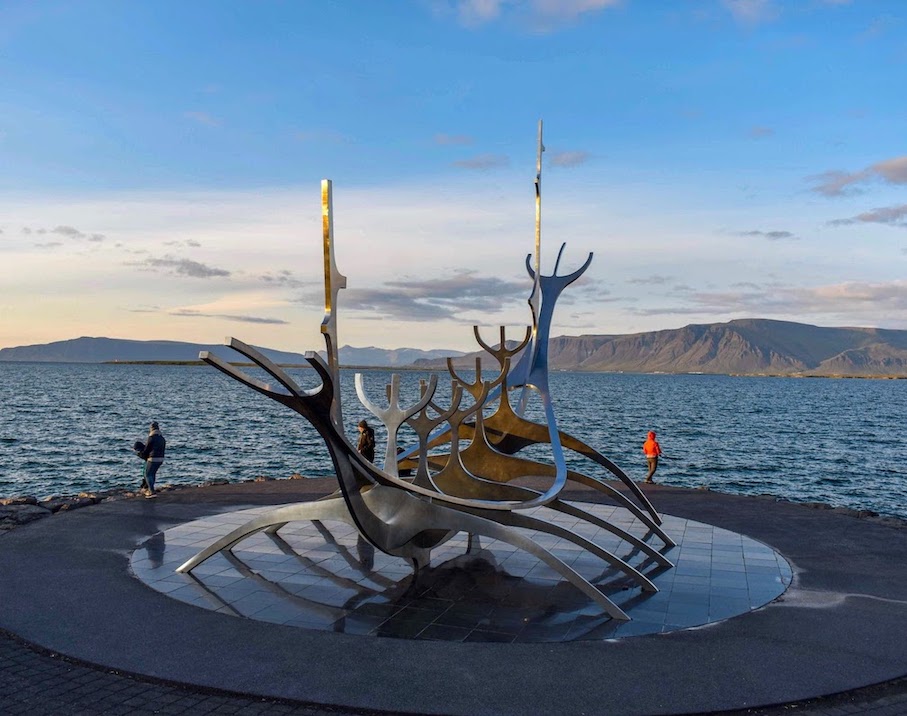
If you only have a short amount of time in Reykjavík, be sure to tick the boxes on some of the city’s most impressive sights, including Hallgrimskirkja (tip: climb to the top of the tower to snap that iconic pic of the colorful buildings fanning out below); Harpa, the city’s glass-windowed concert hall and conference center; and the Sun Voyager, pictured above.
For a dose of the country’s history, head to the Perlan, a museum—and an operating geothermal water storage facility; it’s well worth a visit. The fourth floor features a 360° observation deck that lies on the top of the hot water tanks, and offers a one-of-a-kind view of Reykjavík and the surrounding area.
Want to up your Nordic style? Head to Laugavegur, one of Reykjavík’s oldest streets and its main shopping district, to peruse the myriad stores featuring everything from high-end boutiques, vintage clothing shops, home decor, cozy cafes, and much more.
Planning to explore more of Iceland during your trip? Many of the country’s most beautiful attractions, including the Blue Lagoon, Silfra (where you can snorkel between two tectonic plates) in Thingvellir National Park, Gullfoss (waterfall), Strokkur (geyser), Reynisfjara (black sand beach), Skógarfoss (waterfall), and Seljalandsfoss (waterfall) are within a few hours drive.
Note: As destinations reopen around the world, be sure to consult and adhere to all local guidelines and travel restrictions, as they vary widely and will continue to change. One way to stay on top of changing guidelines is to consult the COVID-19 travel guidance feature in the TripIt app for destination-specific information, including testing and vaccination requirements, current infection rates, quarantine rules upon arrival, and other information you need to know before visiting the area.

